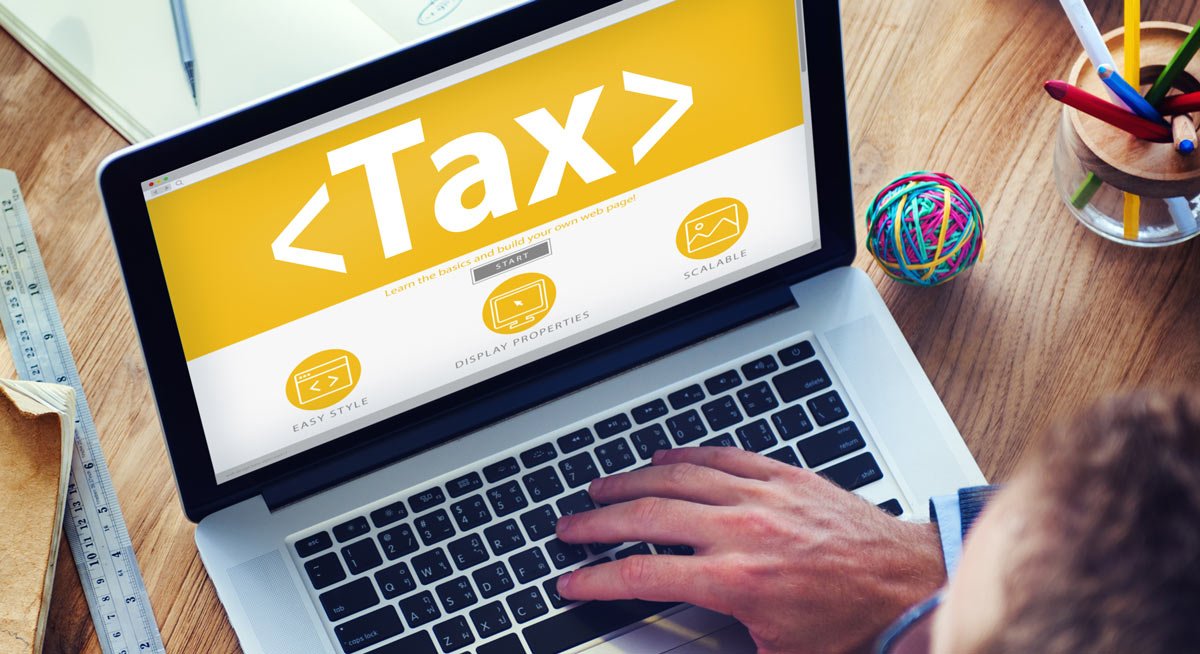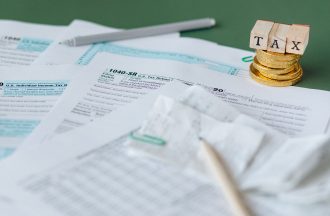
Nobody looks forward to filing their annual tax return, but it’s not exactly something you can avoid. Of course, you can postpone the inevitable – indeed many people take a fingers-in-ears approach to the looming tax deadline of 31st January for online submissions, and don’t make a start until the last possible opportunity.
Interestingly, it’s not that uncommon either. According to government figures, a third of self-assessment tax returns had not been filed a week before the deadline. However, leaving it until the last minute makes for a very stressful end of January, particularly if you then discover missing information that means won’t make the deadline. Eek!
Do you have to fill in a self-assessment tax return?
Most UK taxpayers have their tax deducted via PAYE and don’t need to fill in a tax return. However, around 10 million people do need to submit a tax return:
- If you are self-employed, a business partner, or a director of a limited company
- If you are an employee or pensioner with an annual income of more than £100,000
- If you have pre-tax investment income of more than £10,000
- If you are a Lloyds of London ‘name’, a minister of religion, a trustee or representative of a deceased person
- You are legally obliged to fill in a self-assessment tax return if you receive one
Tax penalties and fines
If you didn’t submit your online self-assessment tax return for 2016/2017 by 31st of January 2018, you will have been fined an automatic penalty of £100 on 1st February, with the unwelcome prospect of more fines to come for further delays.
1 day late – automatic £100 fine, even if there’s no tax due, or you’ve paid the due tax on time
3 months late – £10 per day up to a maximum of 90 days’ delay, with a total £900 fine charged in addition to the original £100 fine.
6 months late – £300 or 5% of the tax due, charged in addition to the penalties above
12 months late – £300 or 5% of the tax due, charged in addition to the penalties above
For a 12 months delay, fines could be as high as £1,600, plus interest from the date the payment is due. In the most serious cases, if you’re more than 12 months overdue, HMRC can ask for £100% of the tax due as well as any tax you owe, effectively doubling your payment. To help you estimate your penalty for late self-assessment tax payment, there’s a handy calculator on the HMRC website.
What is a reasonable excuse for late filing?
If you have been fined for late submission, it is possible to appeal to HMRC and ask to have your penalty cancelled. However, you will need to provide a ‘reasonable excuse’ for sending in a late return – ‘normally something unexpected or outside your control that stopped you meeting a tax obligation’. Examples given by HMRC include
- the recent death of a partner or another close relative
- an unexpected and untimely hospital stay
- serious or life threatening illness
- computer hardware or software failures while preparing your online return
- issues with HMRC online services
- fire, flood or theft preventing you from completing your tax return
- unpredictable postal delays
- delays as a result of a disability you have
If you registered for online filing before the deadline but did not receive your access code in time, HMRC may accept this as a reasonable excuse.
What excuses for late filing are not acceptable?
As you can imagine, HMRC receive some pretty interesting appeals on a regular basis, often with some wildly creative excuses for missing the deadline. Unsurprisingly, reasons such as ‘my husband told me the deadline was 31st March’, or ‘a wasp in my car caused me to have an accident and my tax return, which was inside, was destroyed’ won’t cut any ice with the tax authorities.
More common (but still unacceptable) excuses include
- relying on someone else (including your accountant) to send the tax return, and they failed to do so
- the payment failed because of lack of funds
- didn’t get a reminder from HMRC
- making a mistake on the tax return
- having trouble using the HMRC online system
How to make an appeal
If you feel that you have a ‘reasonable excuse’ for filing late, make your appeal within 30 days of receiving the penalty notice. Make sure you file your tax return as soon as possible following the deadline (and within 14 days of the special circumstances which caused you to file late) and before making your appeal.
It should be noted that these excuses only apply if they actually prevented you from filing your return in time. What’s more, the ‘reasonable excuse’ must continue for the whole duration of the period from the missed filing date to the date you actually submit your return. If it only applies to part of this period, your penalties are unlikely to be cancelled.
Appeals must be made in writing to HMRC. If your appeal is not allowed, you can ask HMRC to review the decision. If the appeal is rejected, you have the option to appeal to the Finance and Tax Tribunals.








